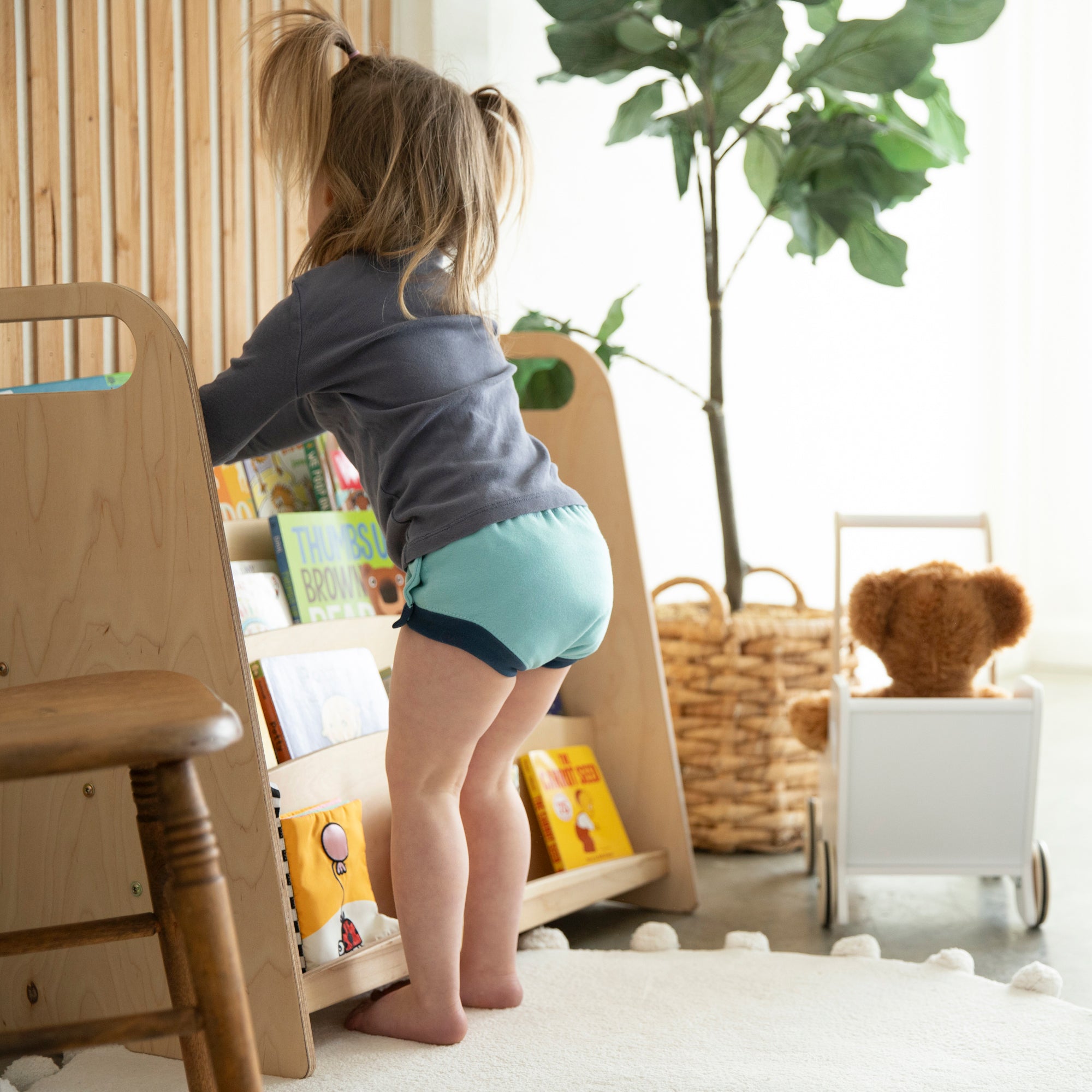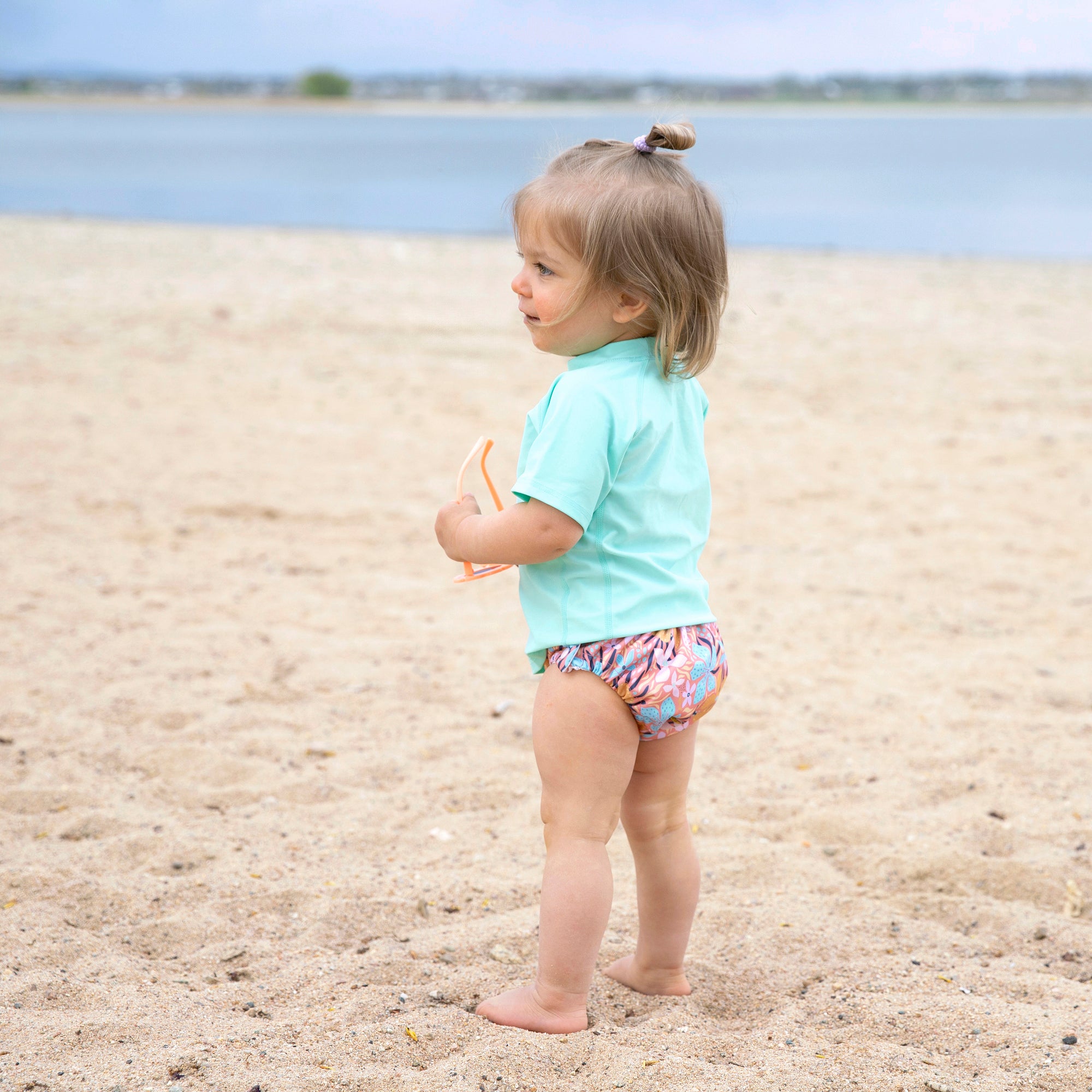Yesterday, after I noticed Cooper licking a very public bench, I started to think about things like germs, viruses, bacteria, pathogens and infectious microbes. Imagine that. Though today parents are often armed with an arsenal of hand-wipes and hand sanitizer and are strict enforcers of the hand washing rule, it’s only been since the mid-nineteenth century that we had any idea at all how illness was spread. As I did some research for this blog, I was surprised to learn that all of the advances in modern medicine in the last several decades have had less of an effect on the spread of disease than changes in human behavior. Hand washing wasn’t even a common practice until after 1847 when Hungarian doctor Ignaz Semmelweis noticed that many more new mothers were developing life-threatening infections and high fevers just after giving birth if his students took part in delivering their babies than if a midwife helped to deliver the baby. Why was this? Many of the medical students attended the births right after performing autopsies and educational cadaver dissections. Instead of washing their hands between the two, they’d simply wipe their hands on their clothes as they walked to the delivery room. I think every single parent today would like to thank Dr. Semmelweis for this discovery. Aaaack! (Evolution and History of Personal Hygiene by Ingrid Koo, Ph.D)
 Other important discoveries were made by Dr. John Snow who discovered that drinking water sources often played a major role in the spread of illness. Drinking water that was prone to contamination from animal or human waste coming from upstream or direct contamination from sewage (that was emptied from chamber pots right into the streets) were related to deadly cholera outbreaks. Thank you, Dr. Snow. Last, but not least, was Thomas Crapper of England, who played a major role in the development of the “flushing toilet” which took waste through a series of pipes, to a location far from the humans who had excreted the waste to begin with. Not only was the waste far enough away and contained so that it would not contaminate drinking water, it no longer needed to be disposed of by hand. Thank you, Tom Crapper! Unfortunately, despite being aware of these invisible dangers, parents can’t always prevent their curious offspring from putting disgusting things into their mouths—like Cooper sucking on the bench, or the time I caught Lauren licking the armrest on an airplane or crawling baby Kate tasting a piece of dried up dog poop in the backyard. We also need to thank Dr. Alexander Fleming for stumbling upon the antibiotic properties of penicillin during his study of bacteria and American Dr. Jonas Salk for coming up with world's first vaccine. What is the grossest object you have caught your baby mouthing?
Other important discoveries were made by Dr. John Snow who discovered that drinking water sources often played a major role in the spread of illness. Drinking water that was prone to contamination from animal or human waste coming from upstream or direct contamination from sewage (that was emptied from chamber pots right into the streets) were related to deadly cholera outbreaks. Thank you, Dr. Snow. Last, but not least, was Thomas Crapper of England, who played a major role in the development of the “flushing toilet” which took waste through a series of pipes, to a location far from the humans who had excreted the waste to begin with. Not only was the waste far enough away and contained so that it would not contaminate drinking water, it no longer needed to be disposed of by hand. Thank you, Tom Crapper! Unfortunately, despite being aware of these invisible dangers, parents can’t always prevent their curious offspring from putting disgusting things into their mouths—like Cooper sucking on the bench, or the time I caught Lauren licking the armrest on an airplane or crawling baby Kate tasting a piece of dried up dog poop in the backyard. We also need to thank Dr. Alexander Fleming for stumbling upon the antibiotic properties of penicillin during his study of bacteria and American Dr. Jonas Salk for coming up with world's first vaccine. What is the grossest object you have caught your baby mouthing?





Great blog…and totally true. Nothing is grosser than my kids. Eating boogers, laying their faces on handrails as they slide down the public library steps, eating food they find anywhere…EWWW!
I struggle with the same desire to keep my baby from all the germs that are out there, but it just isn’t possible! I have caught her eating/licking many things, but my biggest momfail was when I noticed she had somehow gotten poop on her hands and before I could clean it up, she stuck her hands in her mouth.
Oh my goodness! That is too funny! I have a 4YO daughter and a 10WO son… I can’t really say what is the nastiest thing I have seen my daughter put in her mouth… Her daddy and I deployed when she was about a year old and my sis in law took care of her. As germaphobic as she is, I can’t imagine very many gross things coming near her, hahaha!! But I did witness my ALL of my nephews eating goat poop… :)
so, you’re saying it doesn’t get better? lol and here I thought I’d ‘let go’ by giving my Babe a soother that fell on the floor. got to pick your germ battles. or lick them.. I guess ;)
There’s a lot of studies coming out saying that early exposure to germs is necessary for good immune systems – so don’t worry! Of course, moderation and common sense are necessary, too, but killing off all bacteria is definitely not the way to go!
Here’s one explanation of a study, with links to others: http://www.npr.org/blogs/health/2014/06/06/319420973/early-exposure-to-bacteria-protects-children-from-asthma-and-allergies
You're viewing 16-20 of 40 comments